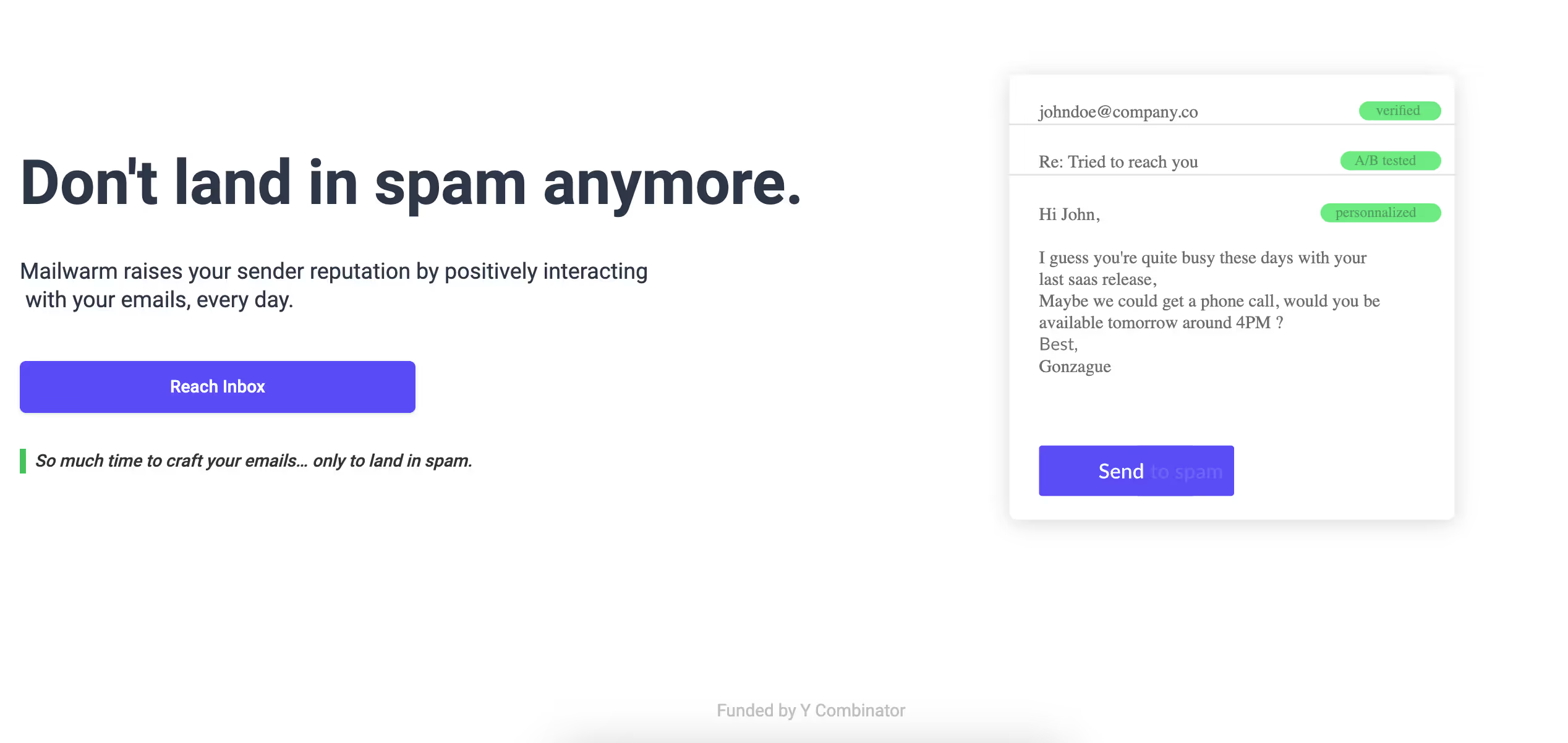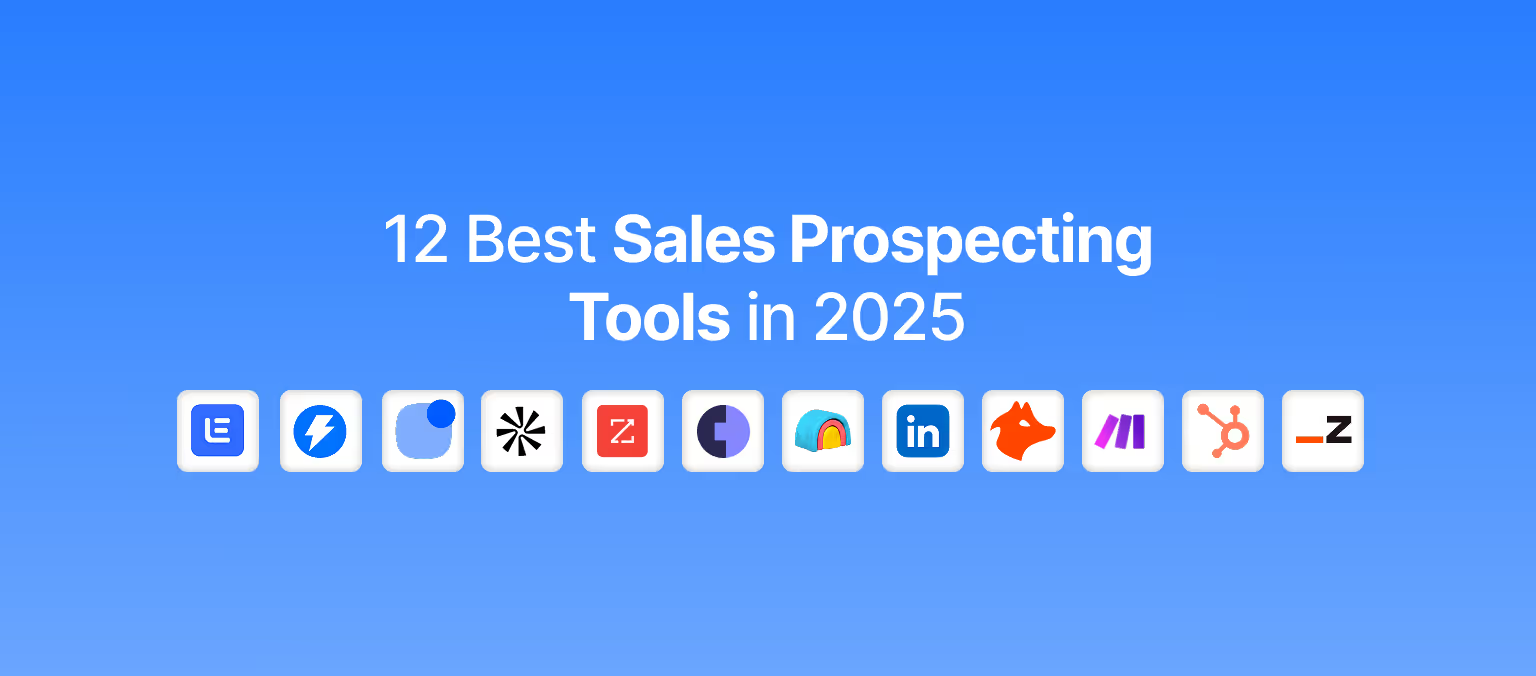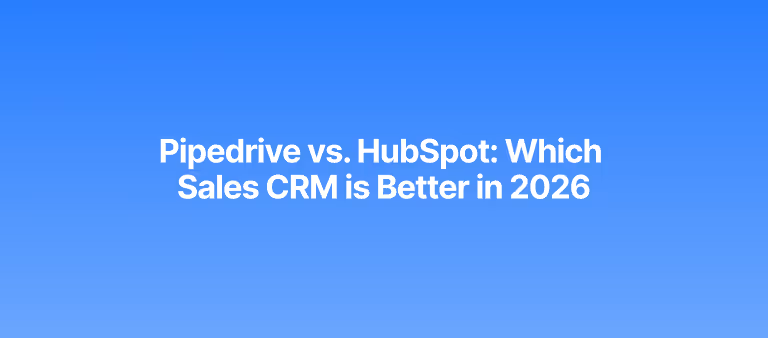Mailwarm: Can inbox warm-up be too expensive?

Sending emails to find new customers can be tricky, especially if the emails don't end up in your recipient’s inbox. Mailwarm helps fix this by slowly increasing the number of emails sent over time. This ensures the emails are received and read by the people you want to talk to and your email address is seen as trustworthy, so more emails get to the inbox.
WHAT IS MAILWARM?
Mailwarm is an innovative software that helps businesses enhance the effectiveness of their email communications by improving email deliverability. When a new email account or domain is established, it may take time to establish credibility with Internet Service Providers (ISPs). During this period, emails from the new account may be misconstrued as spam or land in the recipient's junk folder.
To overcome this challenge, Mailwarm simulates interactions between your inbox and other inboxes, ensuring that your emails land in the primary inbox of the recipient. It does this by removing flagged emails from the spam folder and marking the message as safe, which sends a positive signal to email platforms, increasing the chances of your emails being delivered to the primary inbox in the future.
By improving email deliverability, Mailwarm can aid in increasing reply and conversion rates, which ultimately translate to increased revenue
Website: https://www.mailwarm.com/

PRICING
Mailwarm offers a subscription-based pricing model starting at $69/month, determined by the number of email accounts and warmup volume. The cost per account decreases as more inboxes are added. Other plans are $159/mo for three inboxes and $479/mo for 10. There is a custom enterprise plan that should make you save money per inbox if you have more extensive requirements.
MAIN FEATURES
Mailwarm's key characteristics are:
- Full automation of warming process
- Capacity to send a maximum of 500 messages daily (with biggest plan)
- Compatibility with majority of internet service providers.
RATINGS
G2: 4.7/5 (22 reviews)
Capterra: 4.6/5 (7 reviews)
ALTERNATIVES
Mailwarm may be well-known, but it's too expensive, in my opinion. There are other options that are just as good or better and at a lower cost.
- Lemlist and Instantly are great alternatives that can help you increase your email volume gradually through warmup as well as automate your sales process.
- Warmbox is another option with even more features, while Mailreach is my personal favourite with a lot of features and a strong reputation among sales professionals.
Choose the one that best suits your needs and budget, but don't waste too much time searching for the perfect option, as most will work well.
DISCOVER MORE TOOLS
Looking for the best sales prospecting tools? Check out coldiq.com/tools for a comprehensive list of over 200 tools organized by category. No matter what your prospecting needs are, you're sure to find a tool that meets them.
CONCLUSION
Mailwarm is a reliable option for warming up your emails, which will help them reach your recipients' inboxes and protect your sender reputation. If this is your only priority, their software is worth considering.
However, for more affordable and high-volume options, Warmbox and Warmupinbox are good alternatives. I personally use Mailreach for my main email inboxes and Instantly for scaling up campaigns.
FAQ
Let's Get Started!
Schedule a 30-minute call with ColdIQ leadership to learn how our outbound strategy and sales tools help generate qualified leads and close deals.
.avif)
.svg)





